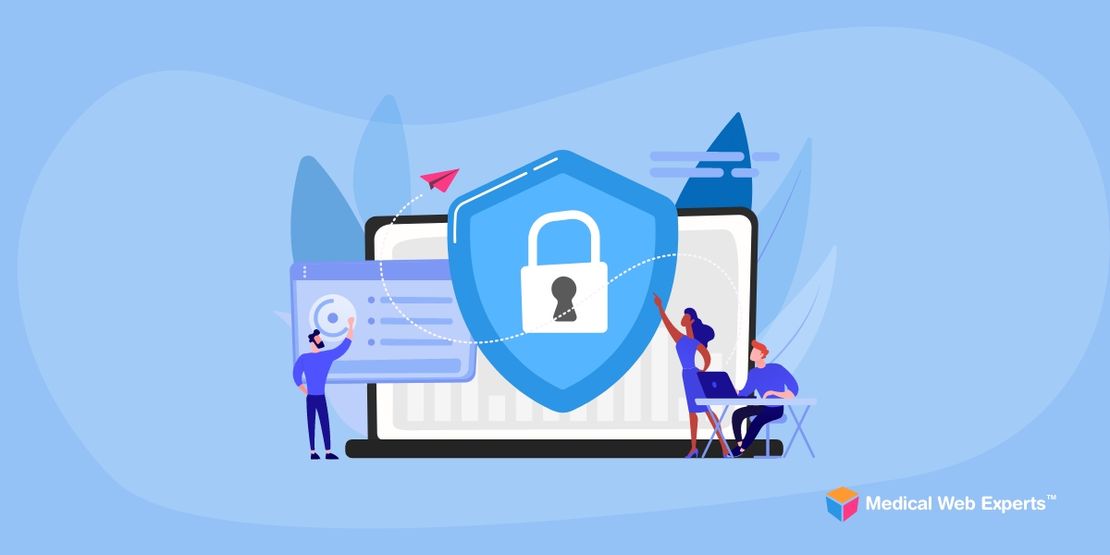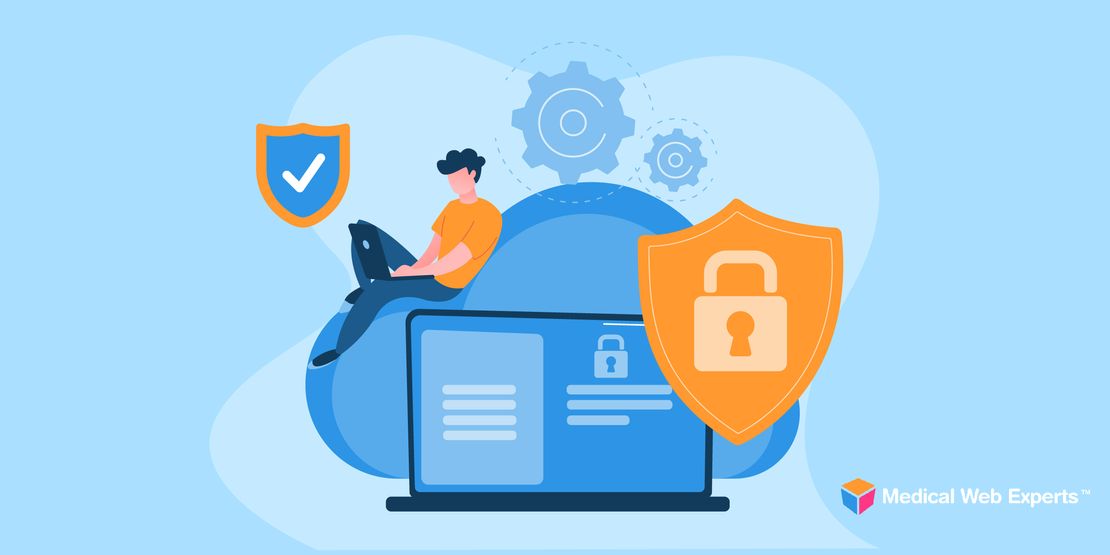Mobile applications have never been more popular than now. As every industry becomes more fast-paced and tech-dependent, each is advancing to provide services at the highest level of efficiency —165,000 apps related to mhealth in the Apple App Store.
If you’re not thinking about healthcare application development, you should be. Finding the right company to manage your medical app development can open doors, increase the efficiency of your teams, and improve your patients’ overall health.
An mhealth app makes healthcare easier for all parties: Hospital staff have quick access to case information, outpatients are better supported between appointments, and administrative processes are more efficient. Here’s how:
Healthcare Application Development Relieves Your Doctors and Nurses
The first people to benefit from a mobile app will be the care providers. Using an app that has interfaces for both patients and providers is ideal. Information recorded by colleagues — like case notes, medical history, and previous test results — will be available at the click of a button, in addition to patient portal information like immunizations, allergies, and symptoms. In the case of hospital app development, an app is a highly effective tool for coordinating inpatient care across physician and nurse shift changes, and can include a functionality that allows a patient to contact medical staff from his or her room when needed. Healthcare app development has great potential to make busy days at the hospital that much easier.
Improve Patient Health Through On-the-Go Features
The best part of medical app development is that it allows patients to be more engaged and aware of their care. But patients are busy, and they’re distracted. For example, any patient can find it hard to remember complex instructions regarding medicine. A doctor can easily input this information into the app, to be accessed by a patient from home. An mhealth app can also be programmed to send push notifications that remind patients that it’s time to take their medicine.
In addition, an mhealth app has the potential to facilitate patient access to care. Whenever a patient is feeling ill, has an emergency, or needs a checkup, he or she will be able to quickly schedule an appointment or reach a nurse through a simple interface. If a patient has questions about a prescription or needs to consult with a doctor, a messaging feature eliminates the phone tag that can often happen for just a simple question. Patients can constantly be aware and proactive about their health from wherever they are, just by opening an app on their phone.
Streamline Logistics Through mHealth Medical App Development
[related_content] What are some of the less efficient processes at your healthcare organization? Billing and appointment cancellations may come to mind. With medical app development, all operations related to insurance and payments could be automated, simplifying day-to-day operations for billing managers and speeding payment processing. An app can allow patients to enter insurance information, get payment reminders, and make credit card payments on a smartphone — all making it easier to get it done immediately and on the go. When a patient can’t make an appointment, the ability to go into the app to cancel is easier than making a call, and therefore highly valuable. As soon as your staff get the notification, they can mark the time slot available so that another patient accessing your appointment scheduling feature can jump in to take it.
These are just a few of the important advantages that healthcare application development can offer. Apps come in many different shapes and sizes, and can be custom-developed to fit your hospital or healthcare organization’s needs. You can also use a customizeable mHealth app platform with a la carte features, like the one offered by Medical Web Experts. The first step is defining how your staff and patients can benefit — once that’s done, you’re ready to take your healthcare organization into the future with mHealth.
Editor’s Note: This post was published in January 2017 and has been updated with current sources.


